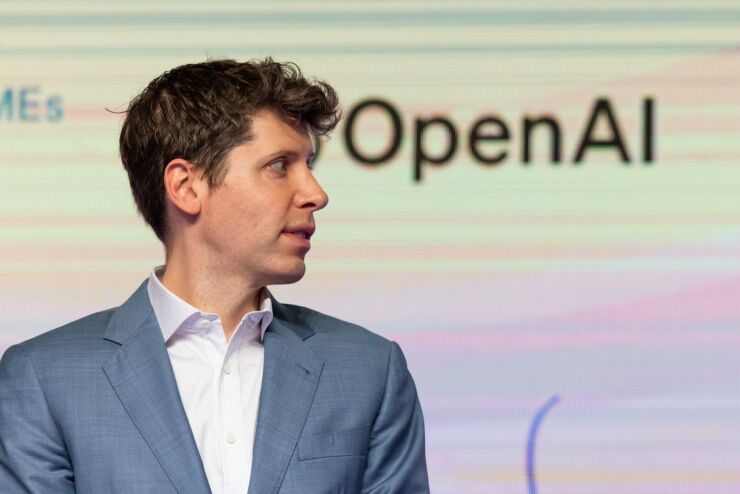In a span of four days in November, Sam Altman was ousted from his role as CEO of artificial intelligence giant OpenAI, and then reinstated — in large part because of
On Friday, November 17, Open AI's board of directors released a vague and unanticipated statement about the CEO's departure, expressing a lack of confidence in his ability to lead. In response, more than 95% of OpenAI's employees signed a letter on November 20 demanding Altman's return, threatening to leave the company otherwise. The next day,
"Whether we like it or not, the power is in the hands of the employees," says Anita Grantham, head of HR at BambooHR. "We saw the relationship drastically change in 2020 when everybody really wanted to be heard and in the case of OpenAI, we really saw it manifest."
Read more:
The situation at OpenAI
"The board violated two of the company's core values: openness and collaboration," says Alex Schwartz, co-founder of the Future of Work consultancy, The Disrupted Workforce. "First, they were never transparent about what it meant when they said Sam Altman was not candid. Secondly, Sam Altman may be controversial, but there's no doubt that he's an inspiring leader. Seeing him go ruined the collaboration that people are experiencing within the walls of OpenAI."
The entire saga
Read more:
When OpenAI's former board announced Altman's departure,
"There was no recovery from that moment — they either had to let go of the board or lose the most valuable generative AI company in the world," Thompson says. "For all the other organizations watching, the message is: If you just try to tell people what is going to happen and you don't ask for feedback and you don't create openness, transparency and collaboration, you are going to lose your people, which are the most valuable asset you have. And if your talent turns on you, good luck."
Just as
"As an employee, ask yourself: Are we having regular company updates monthly or quarterly? Do we understand where the company is and where the company is going?" she says. "As a CEO, I want you to spend time with your board. Go sit with that audit chair, go sit with those directors and say, 'How are we doing? Are we really lined up?'"
Read more:
As for her advice for boards, she urges that they do risk analysis checks before making any major decisions. As OpenAI's board reconfigures and starts anew, it may be an opportunity to set the industry standard of having a board chair with strong communication skills on their resume to make healthy communication a key part of internal and external communications.
Grantham also finds that there is a silver lining in what happened at OpenAI for industry leaders across every sector. While it may spell trouble for some leaders who haven't done their due diligence, it also r
"You don't see this often," Grantham says. "And it just goes to show that when you take good care of your employees, you'll be taken care of."






